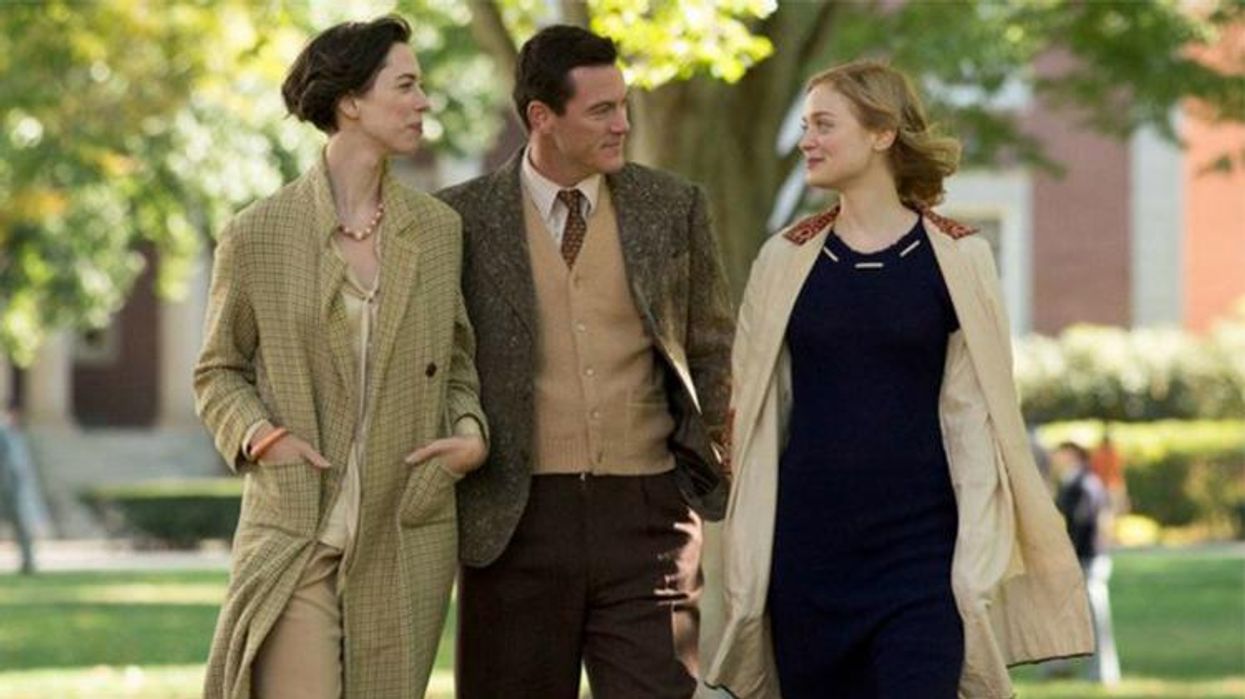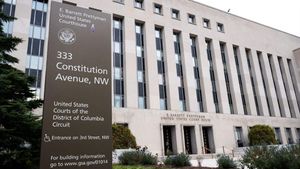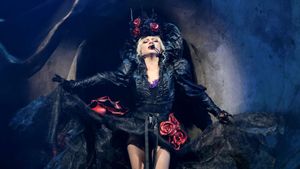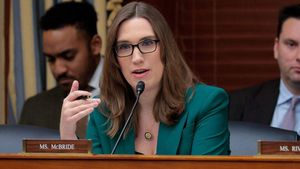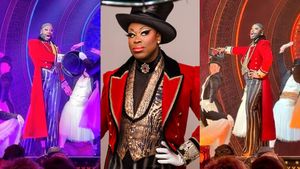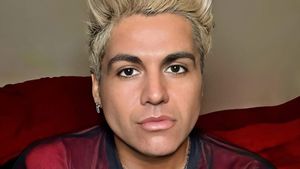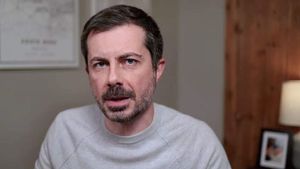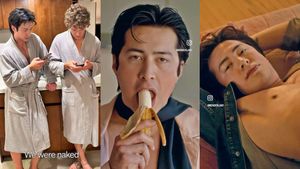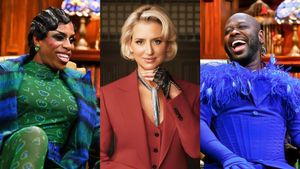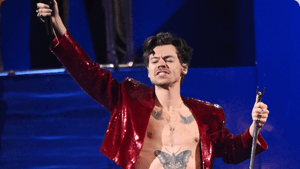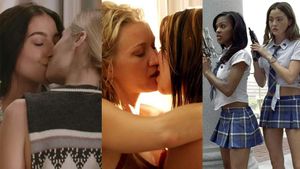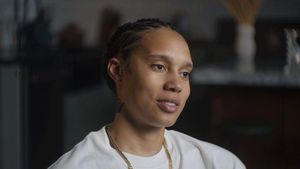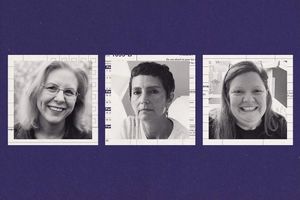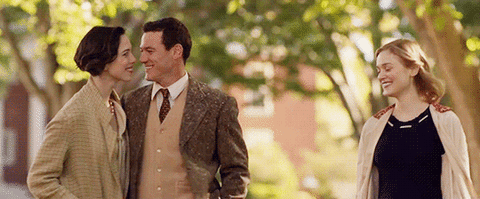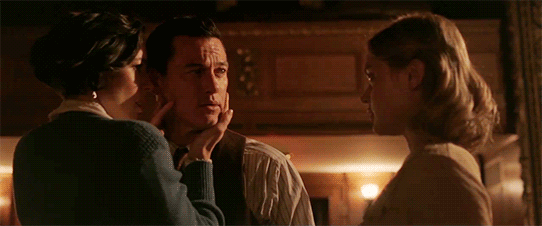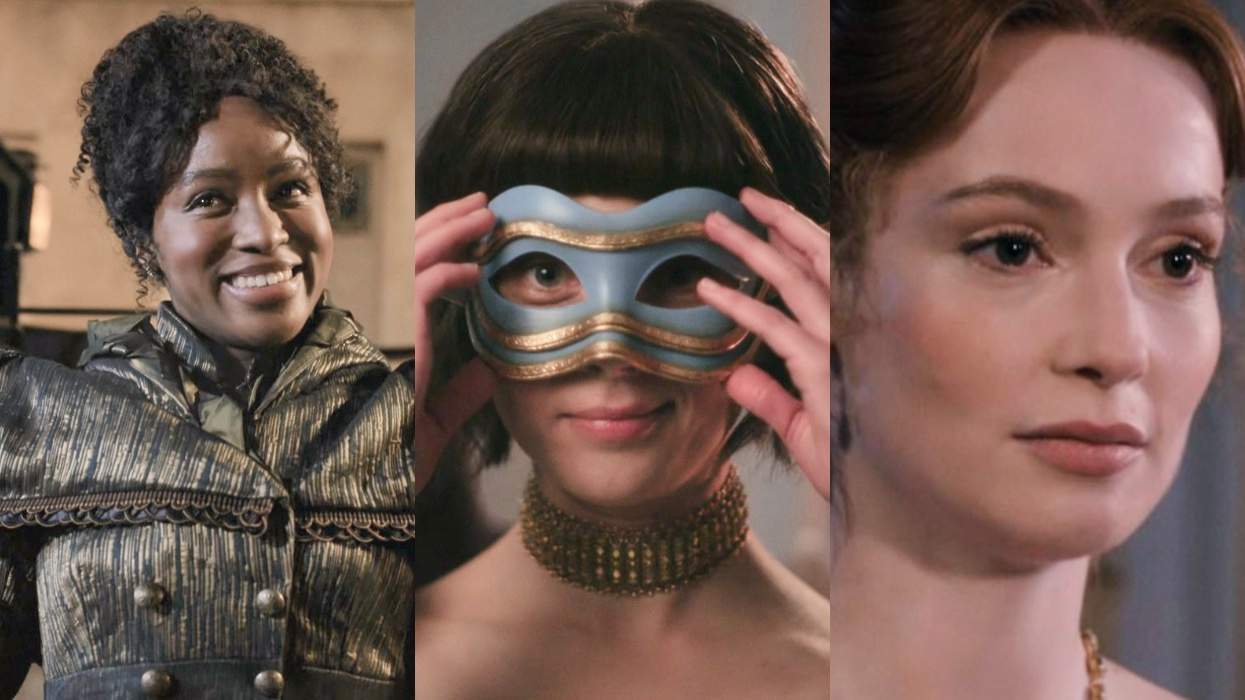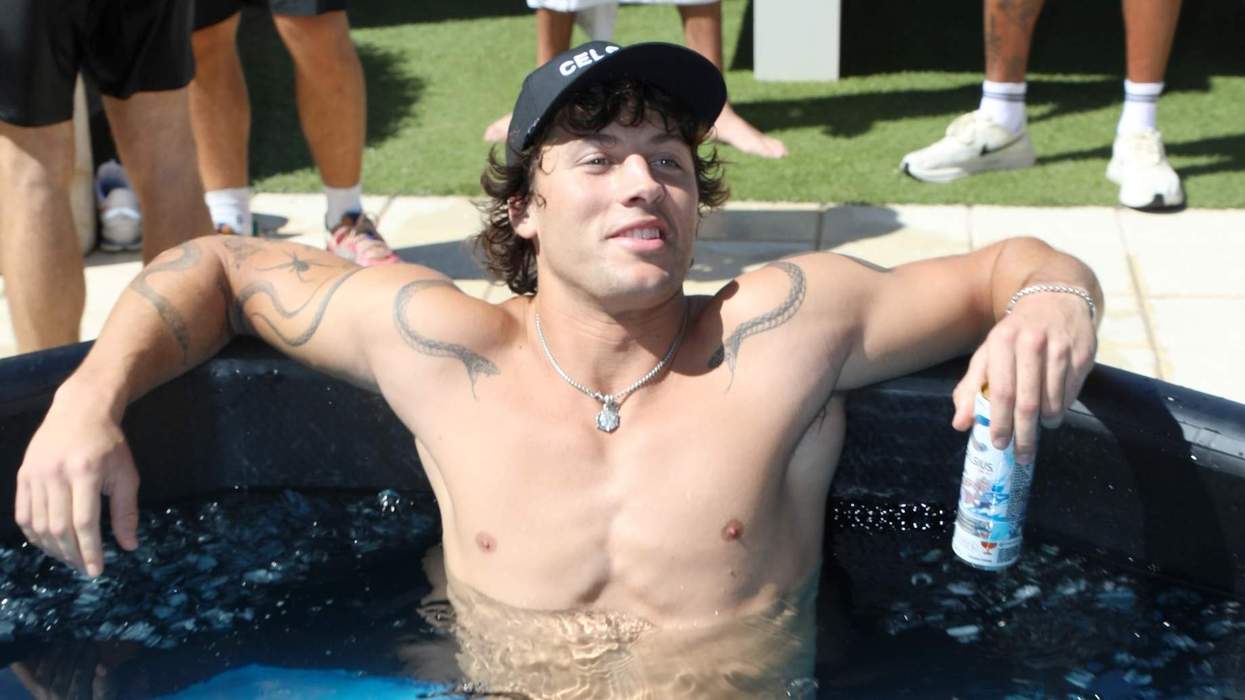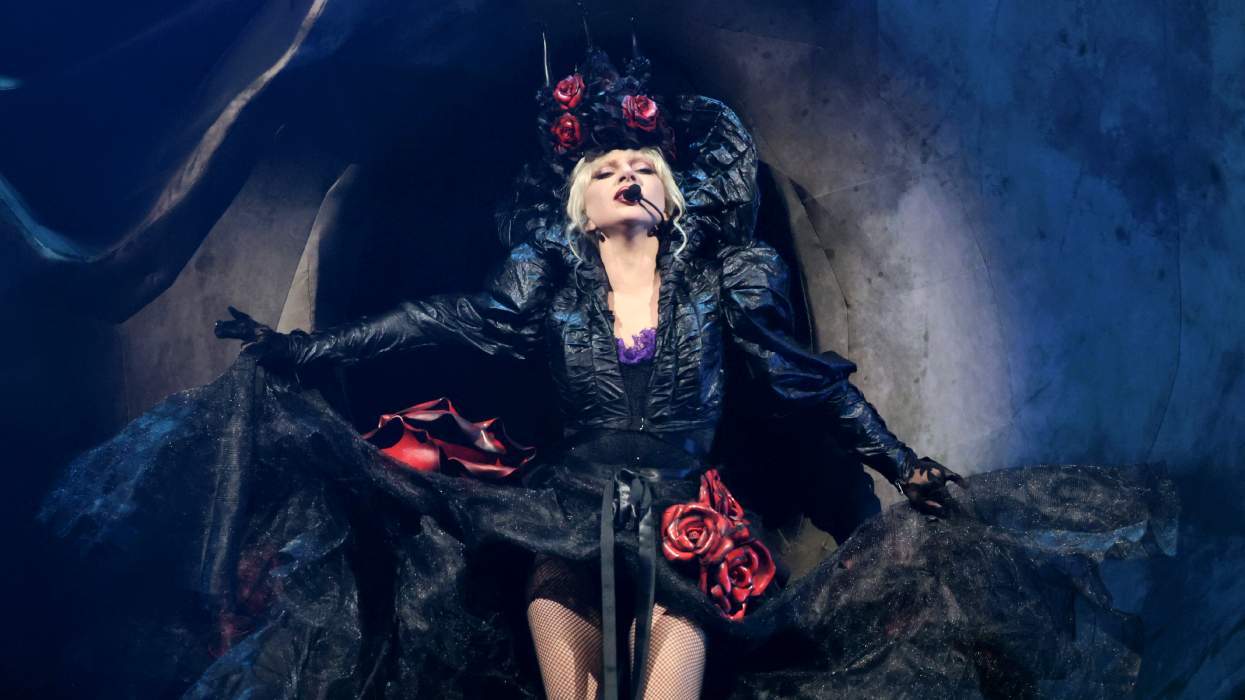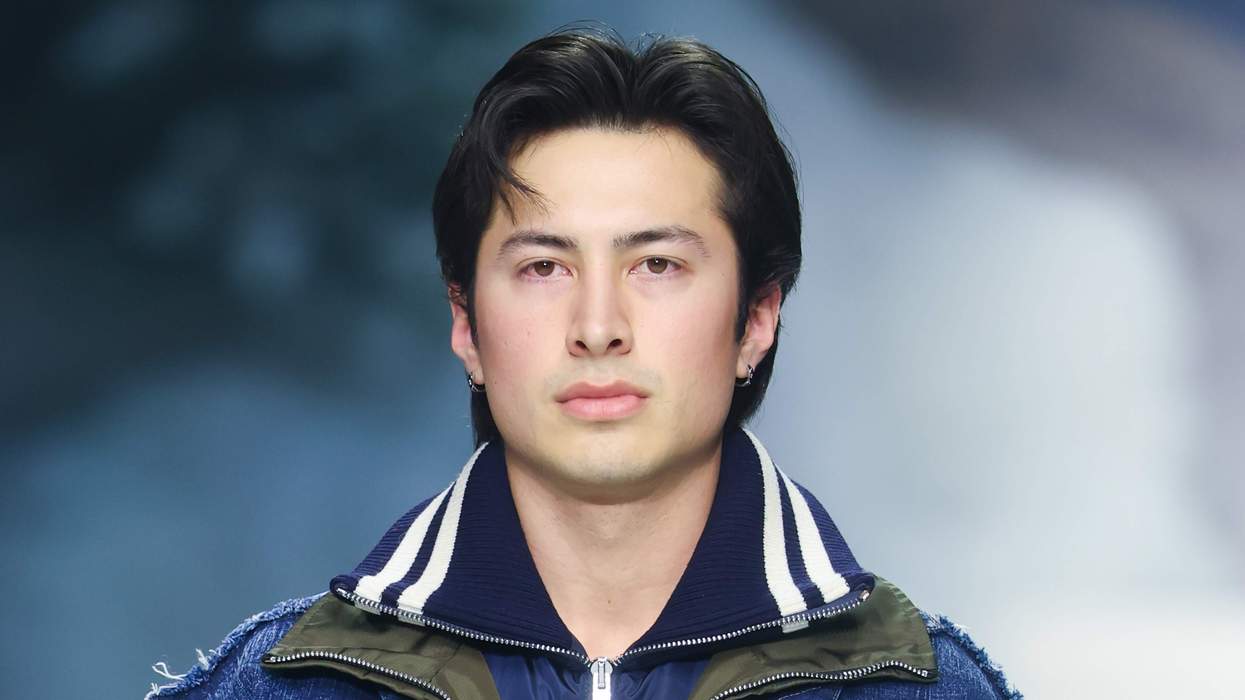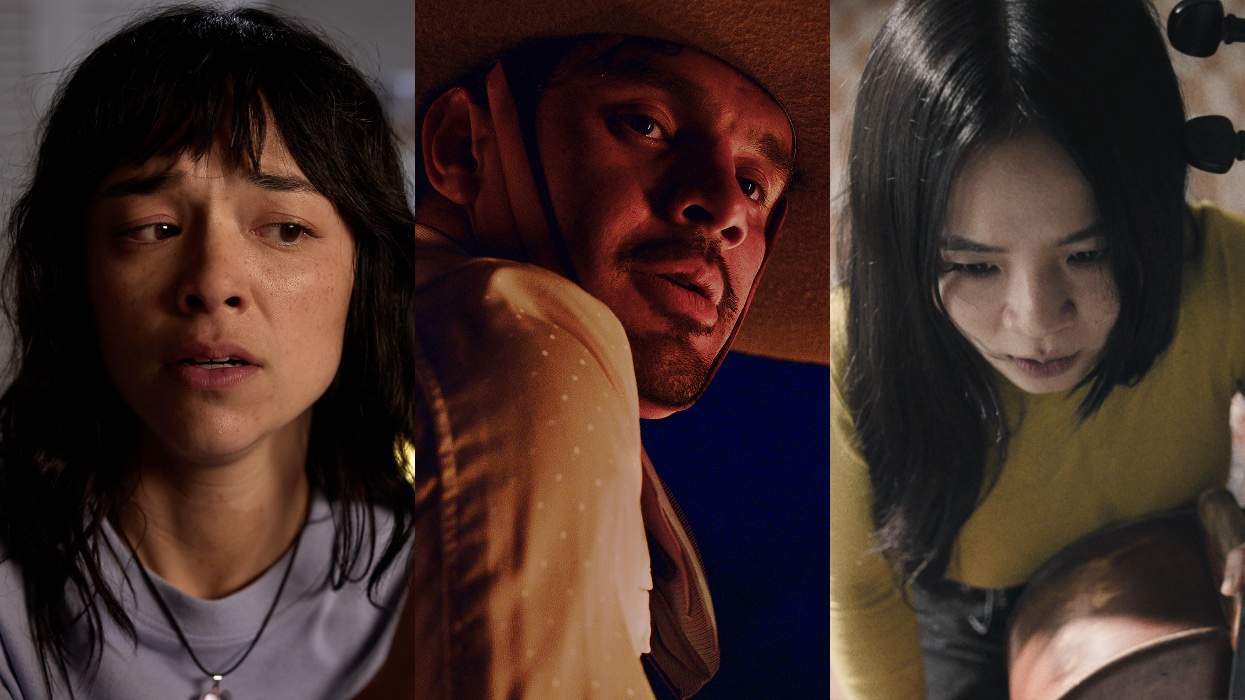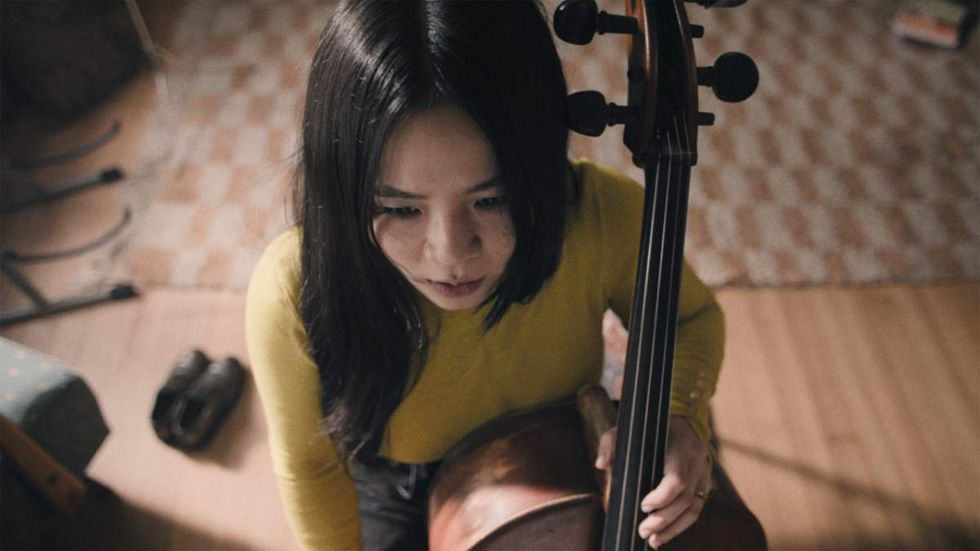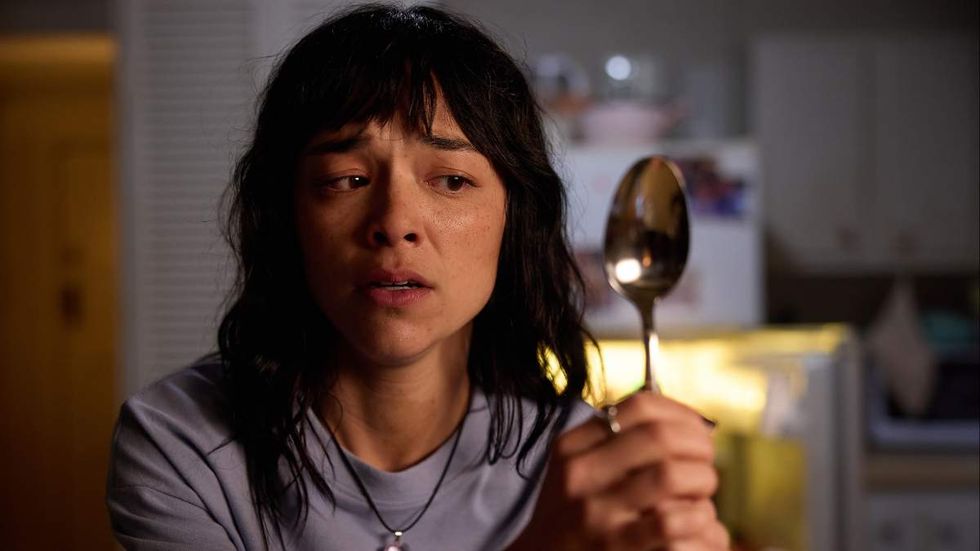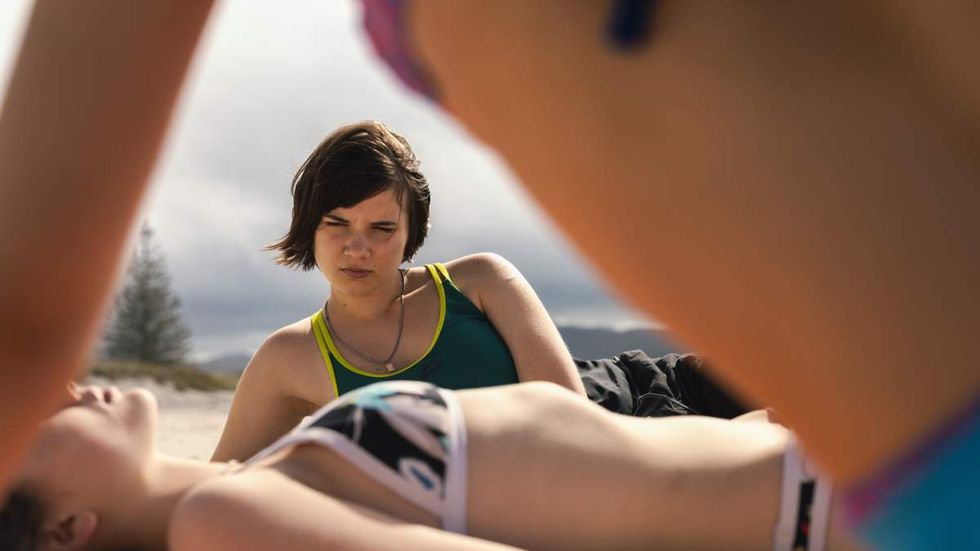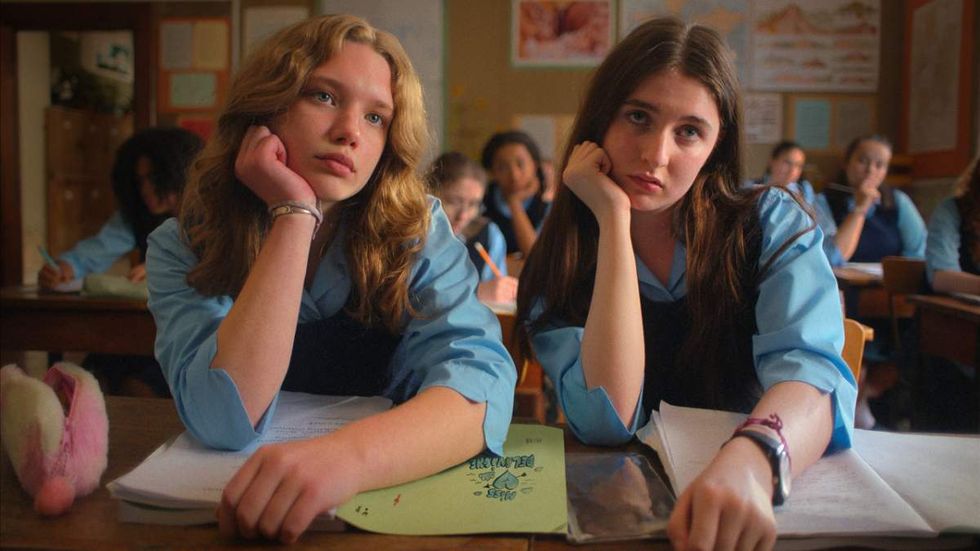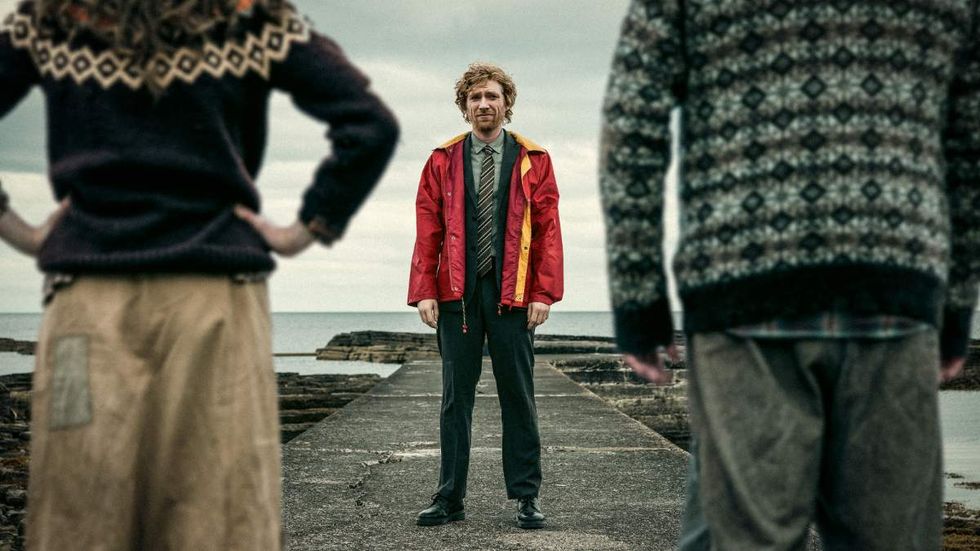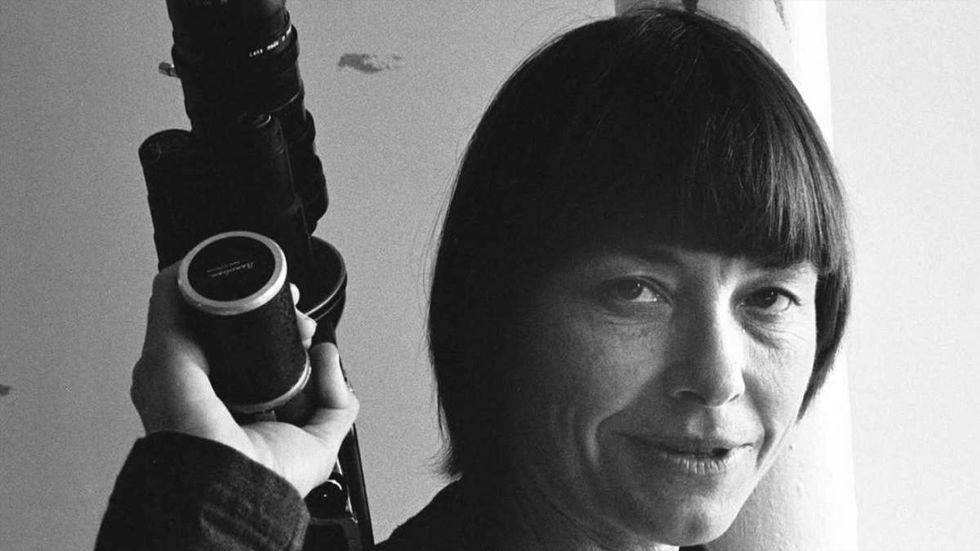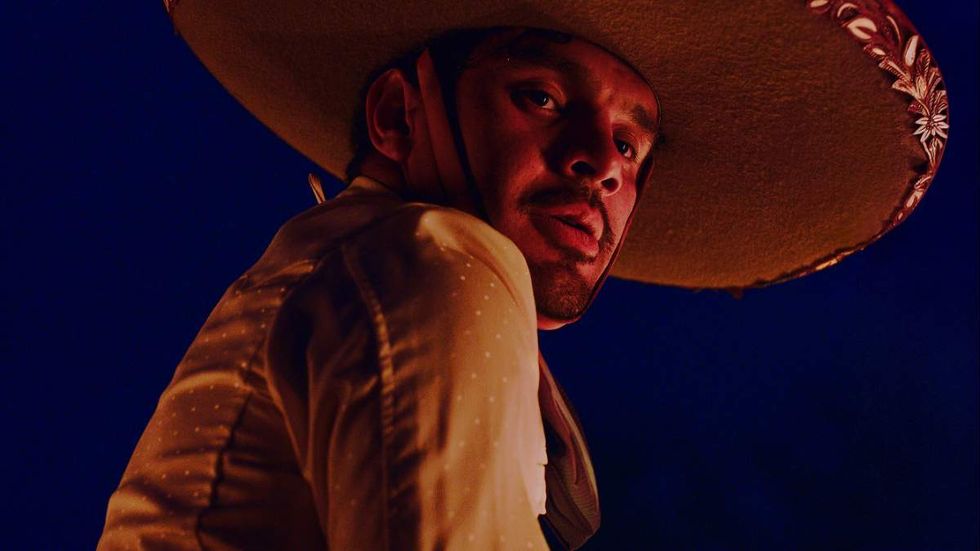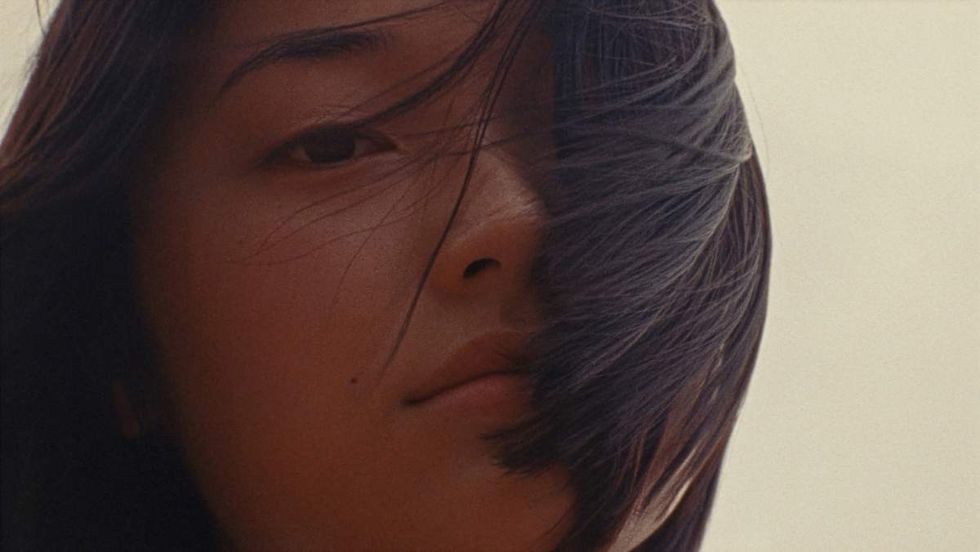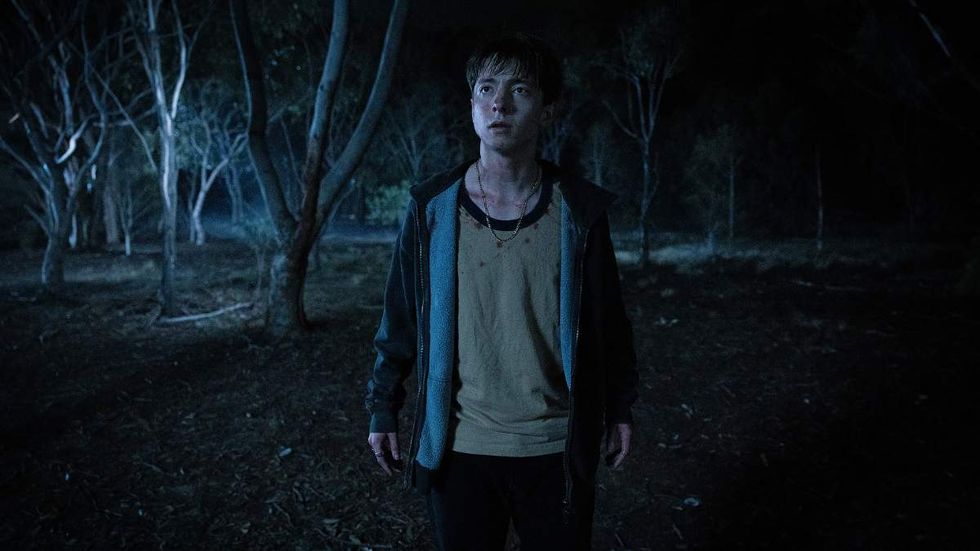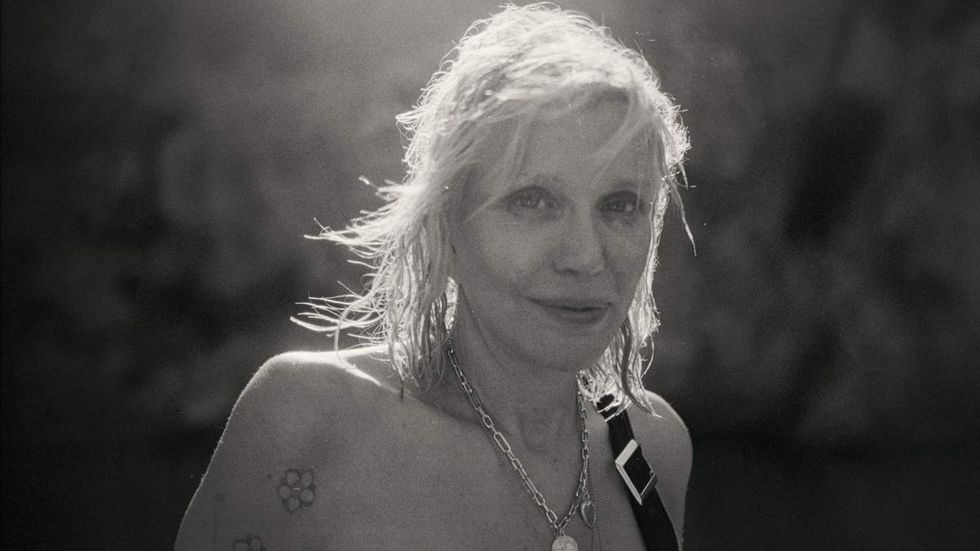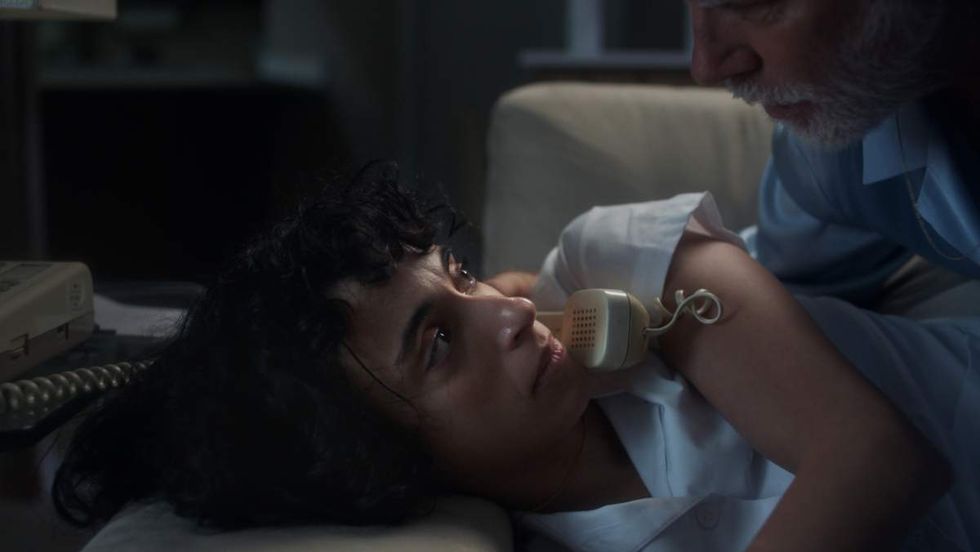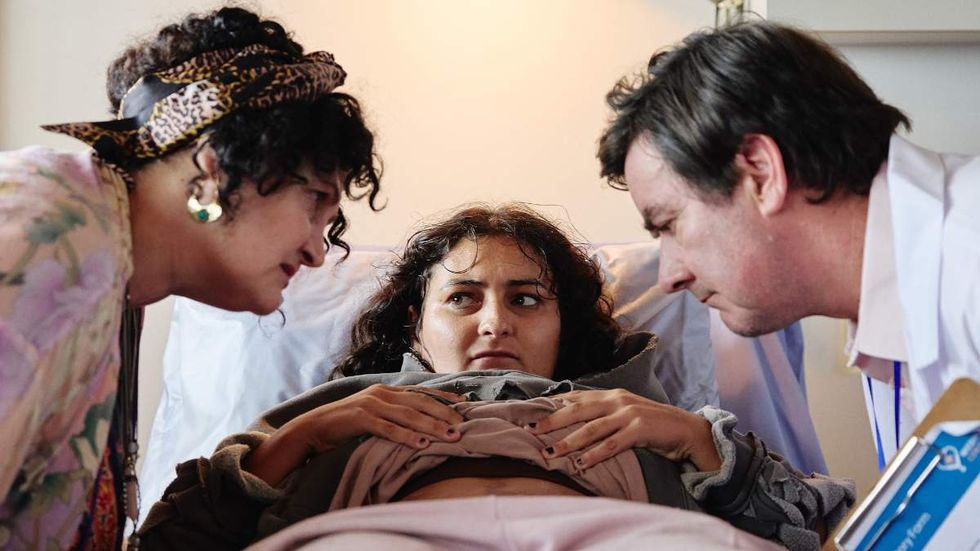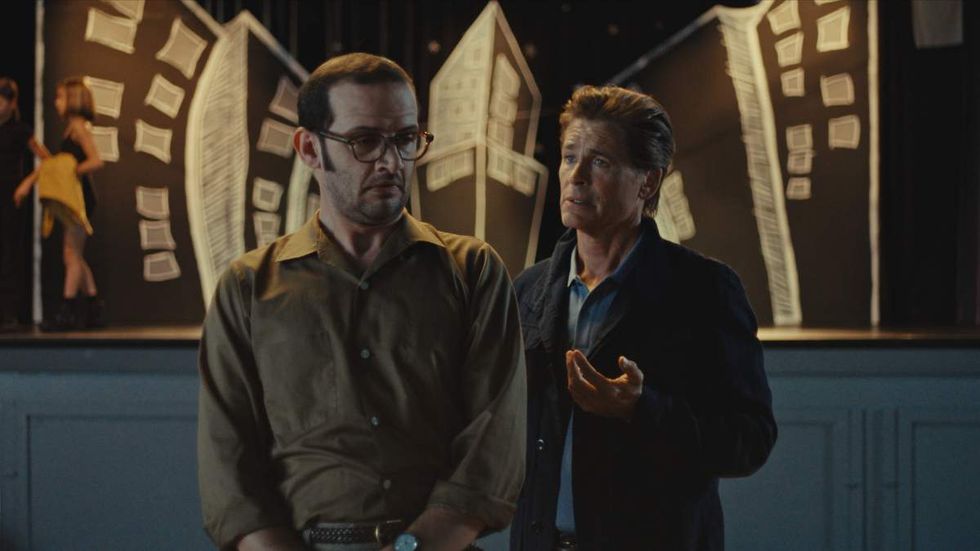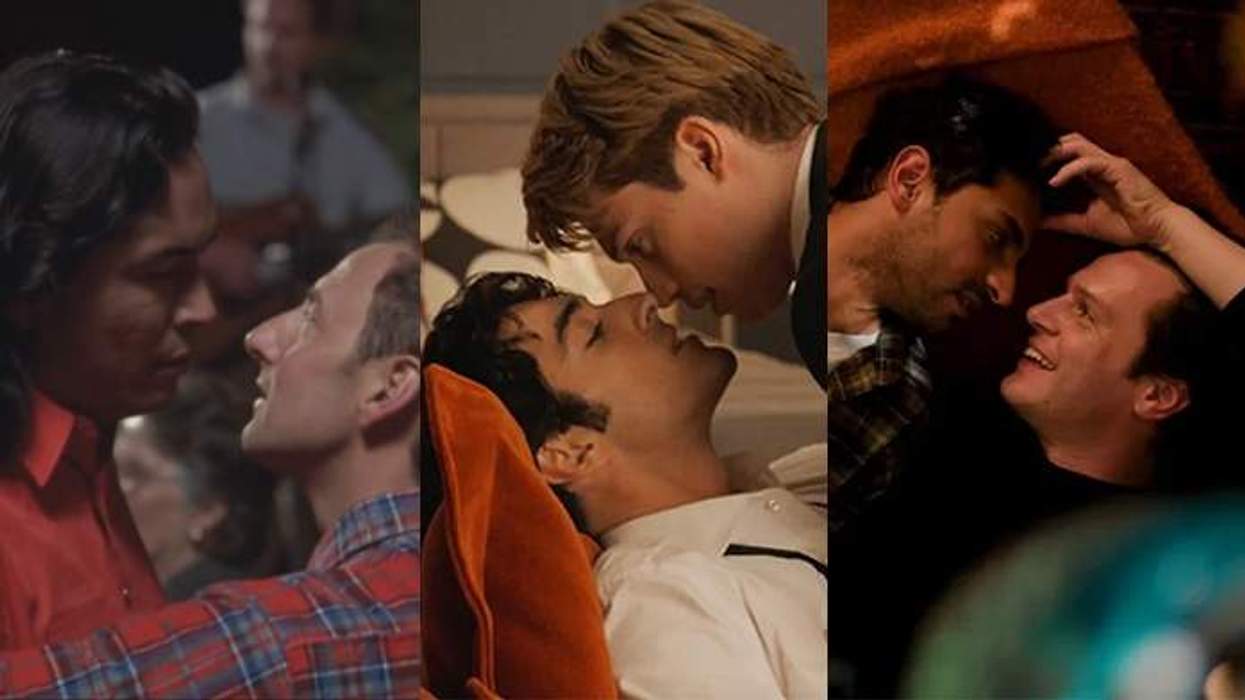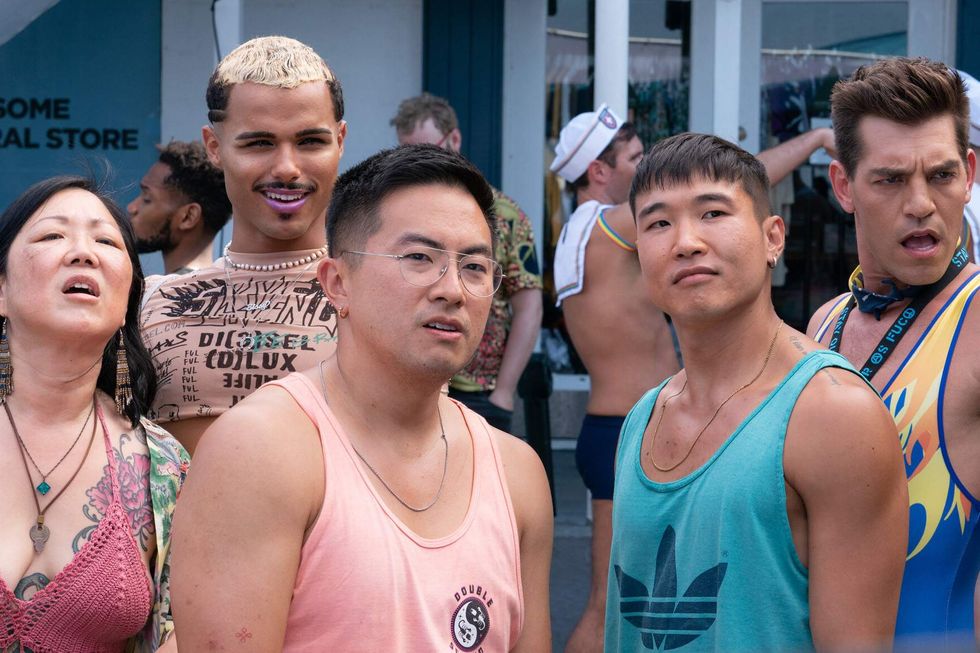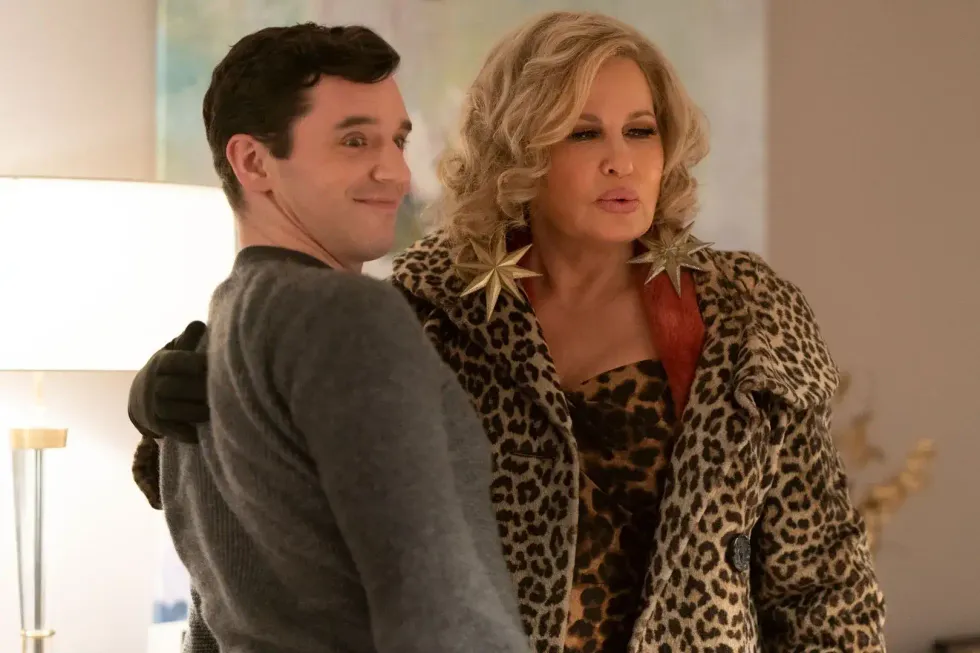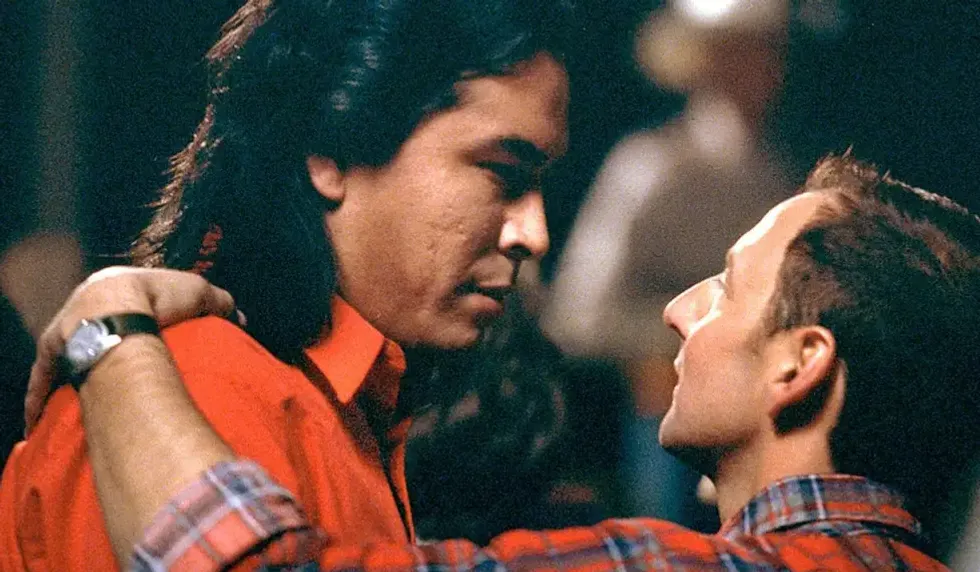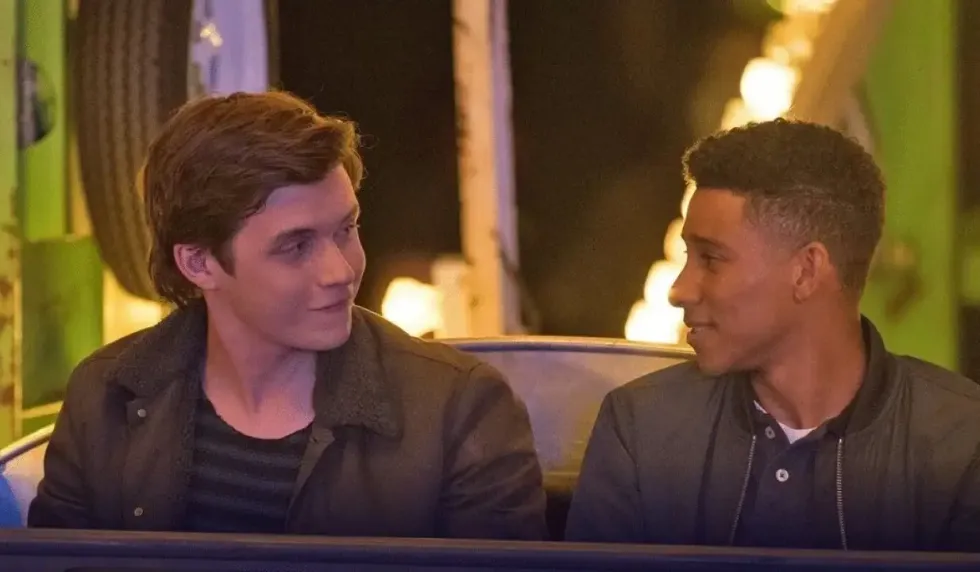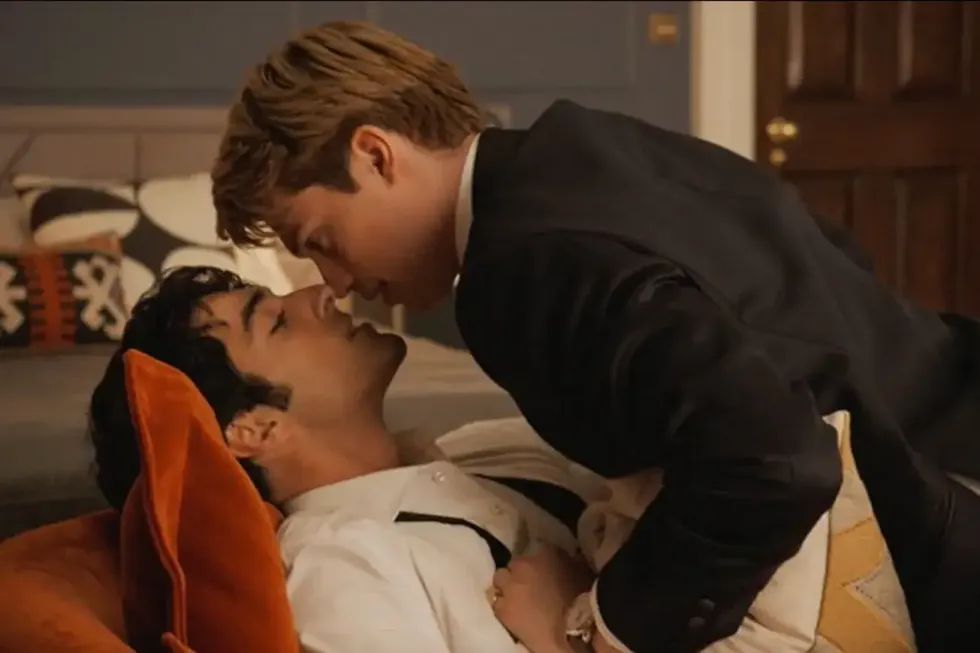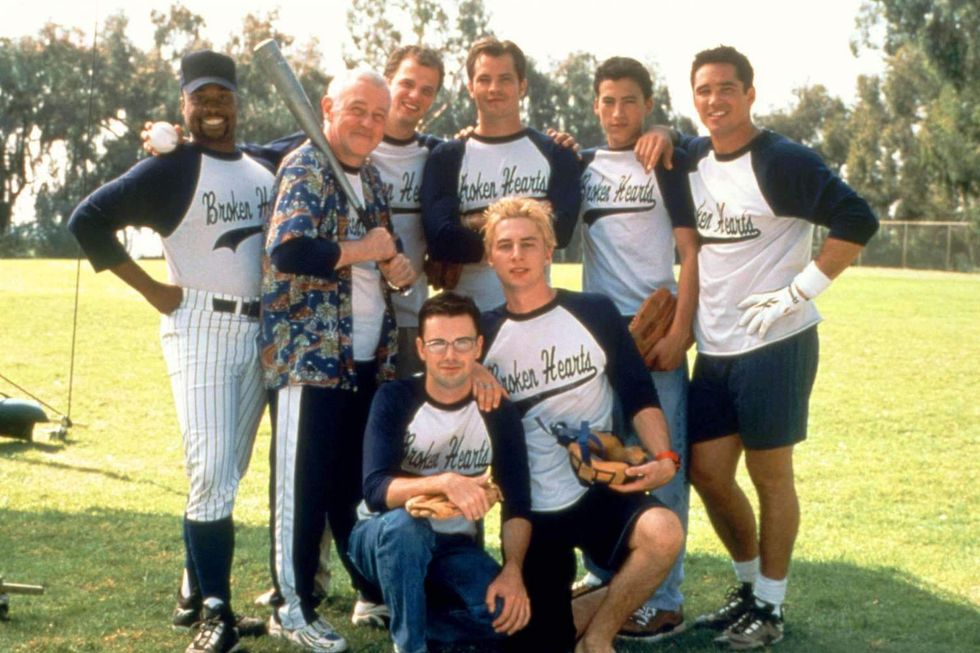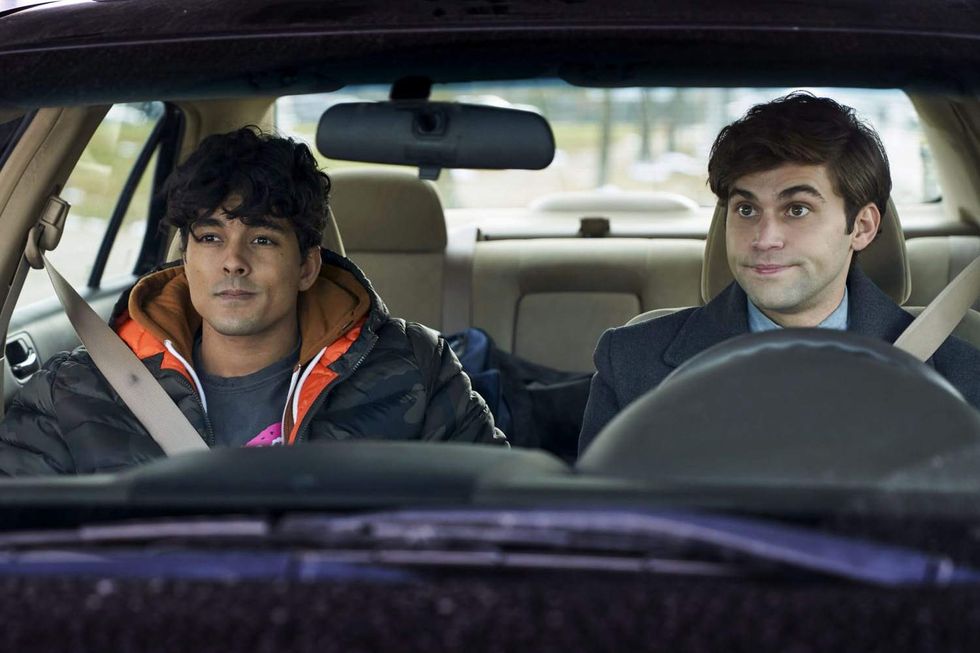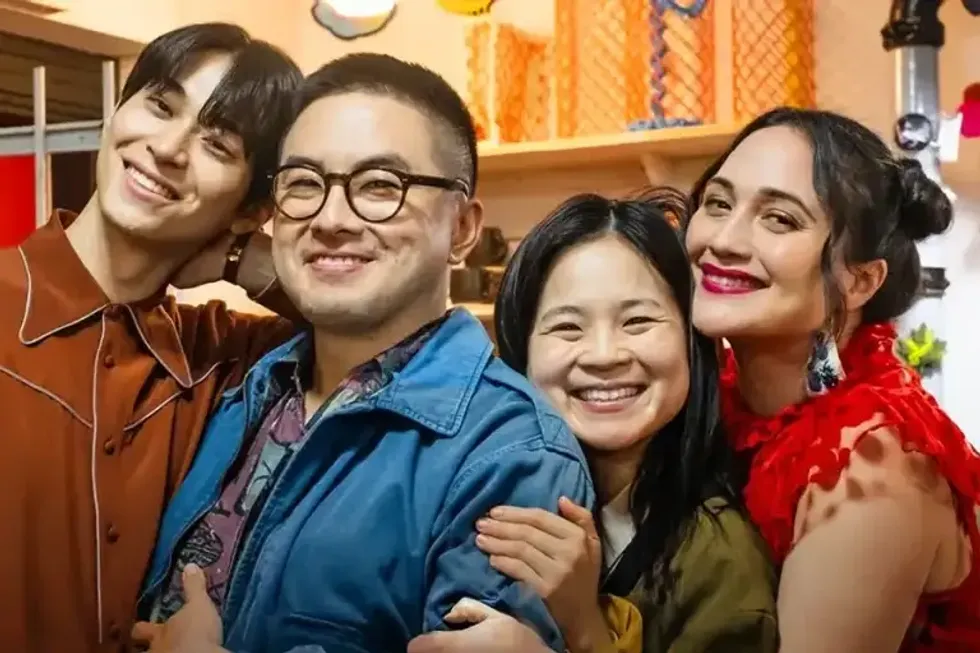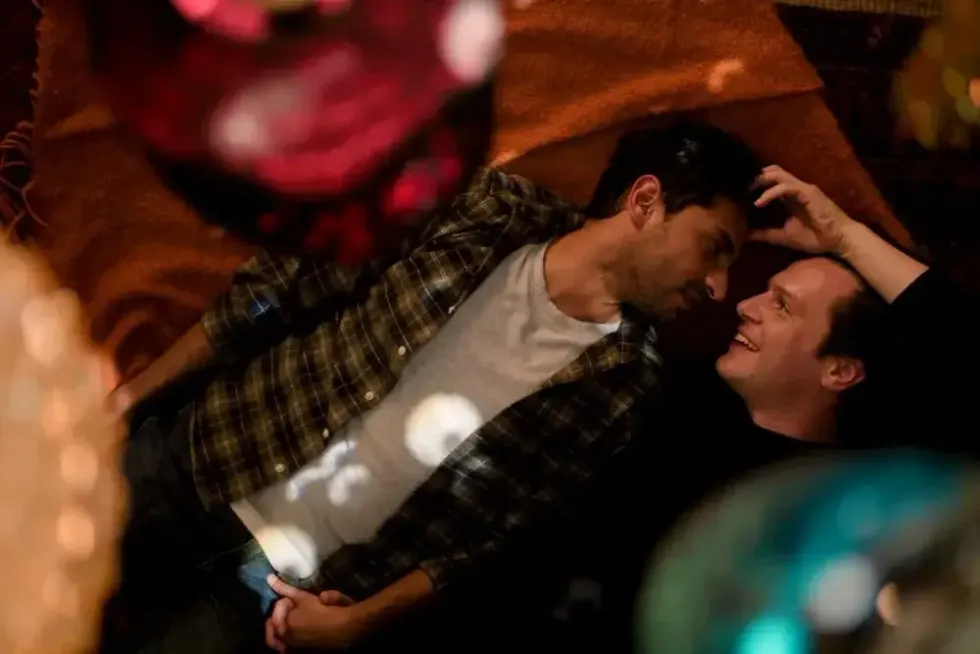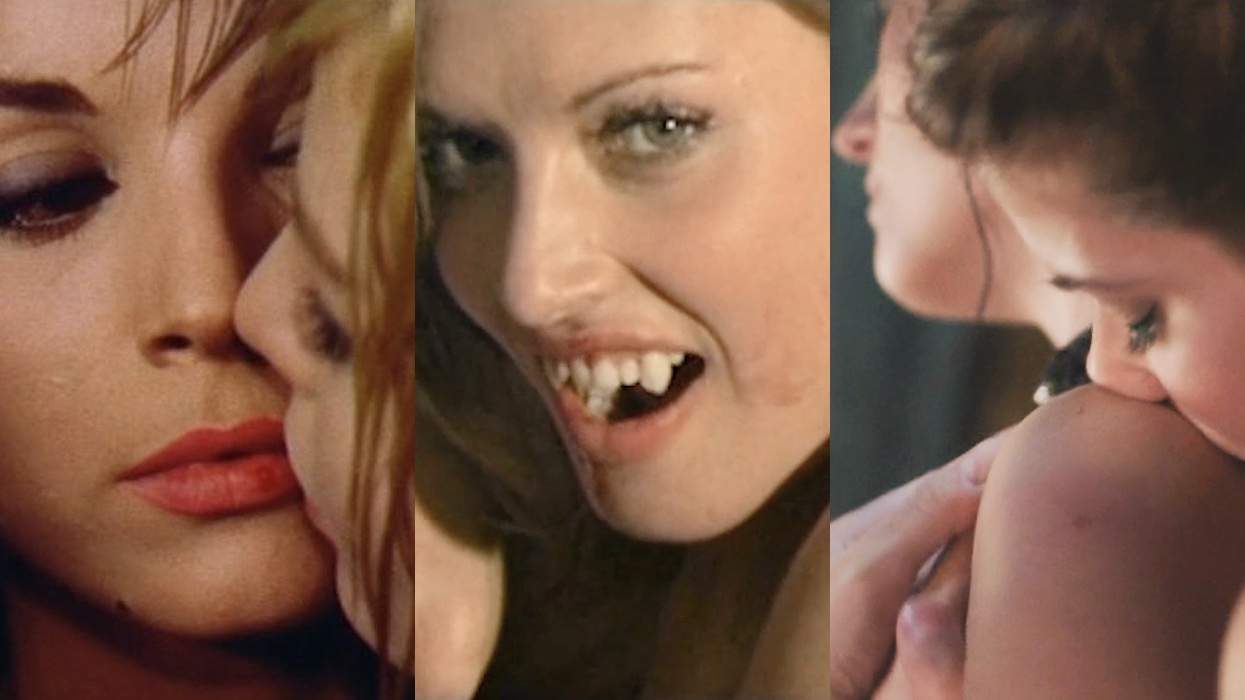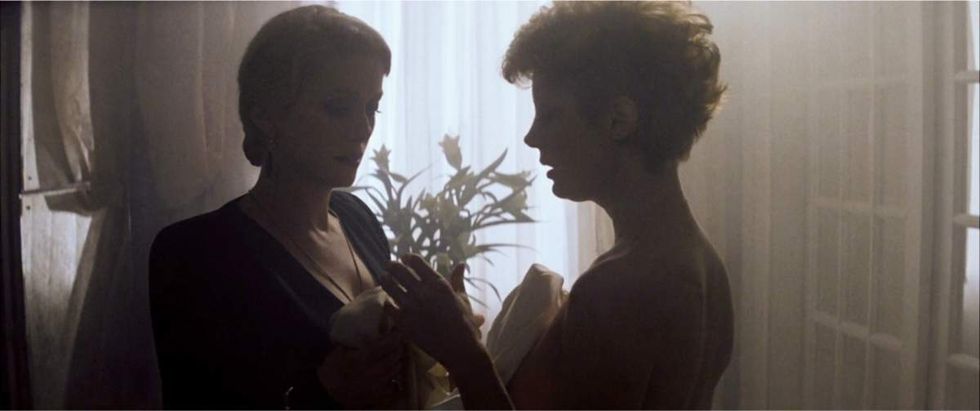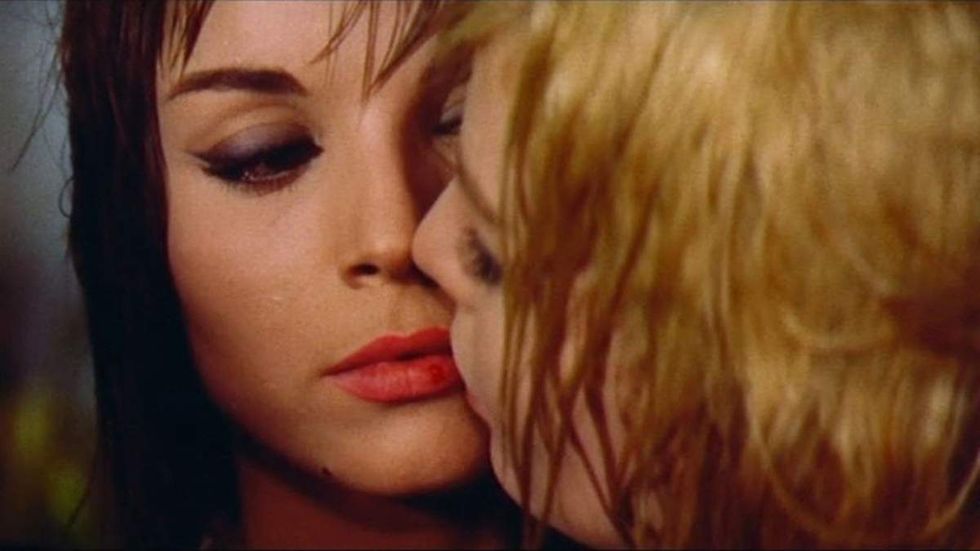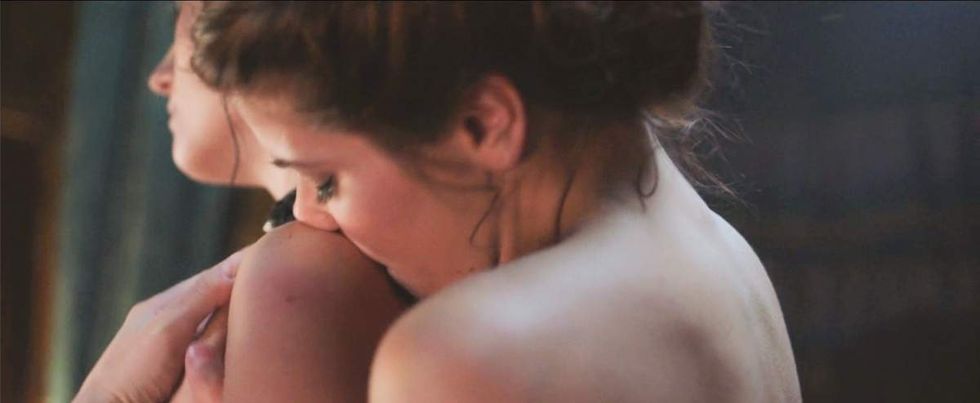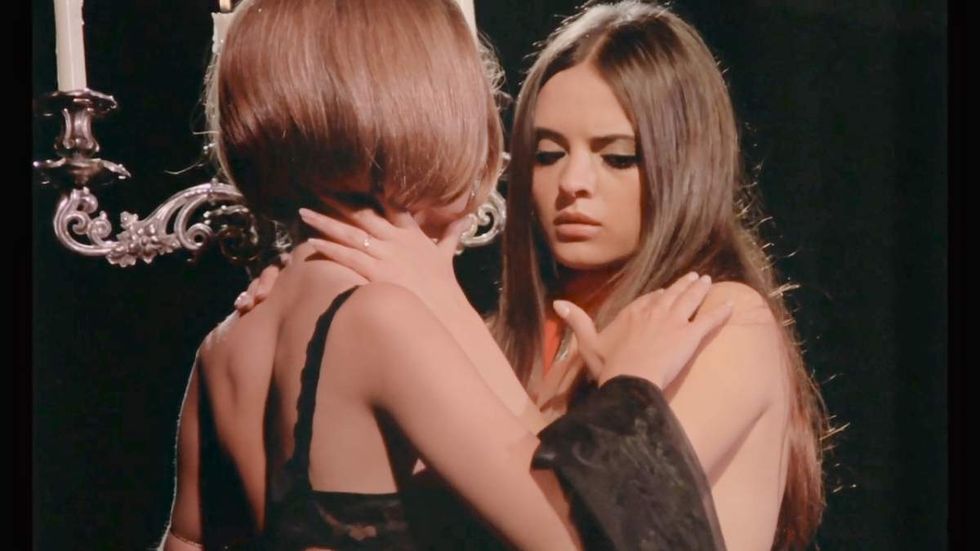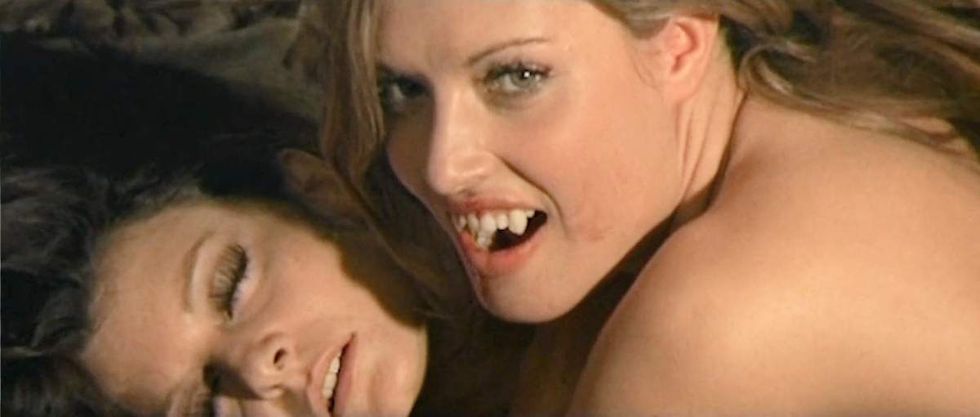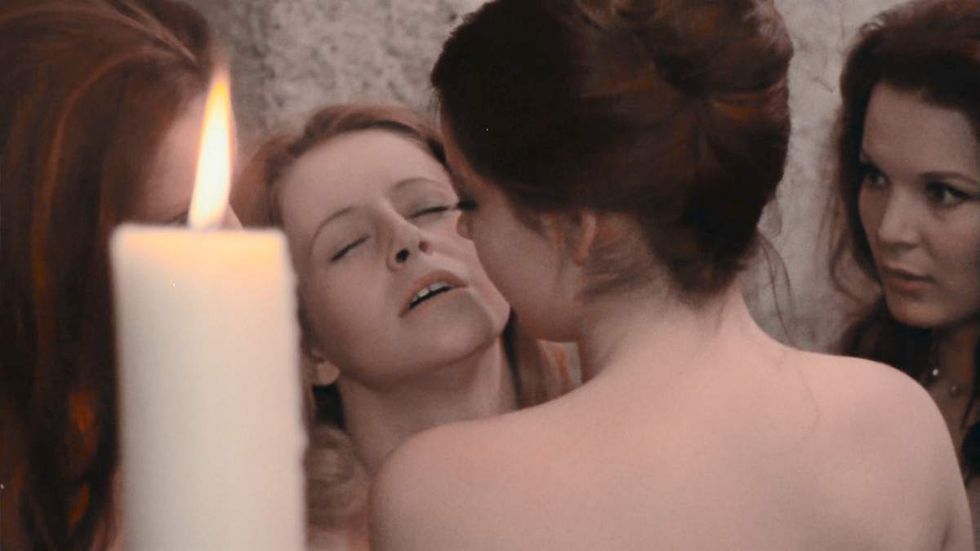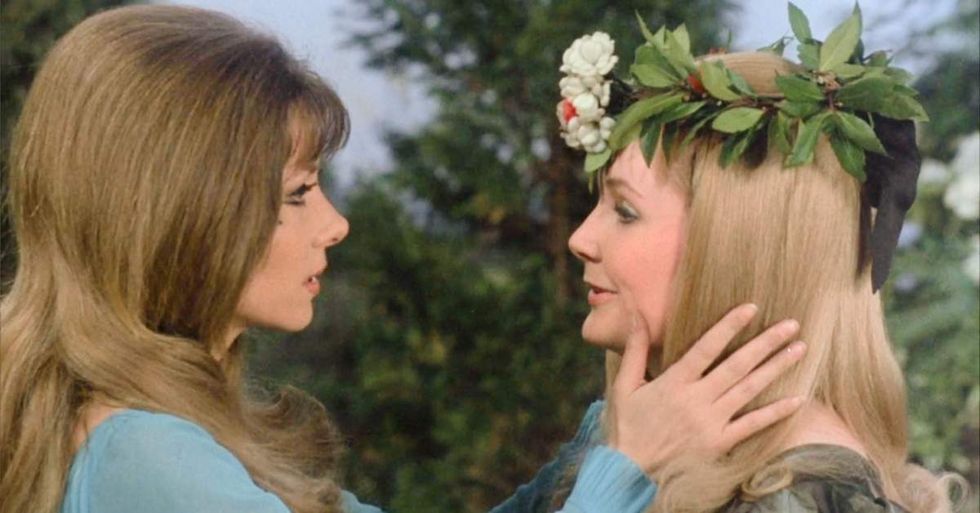Psychology, staunch feminism, bondage, polyamory, and genuine love. That's what Angela Robinson’s Professor Marston and the Wonder Women offers us. And it's...entirely unexpected. At first glance, the film promises a look into times long past—the 1930s and 1940s, an era our modern minds often regard as idyllic and free of perversion. But the fact of the matter is that people of the day so fervently chased idealism that they forced anyone "different" or "perverse" into the margins of society...even if they were good-natured and well-meaning. And that's the core of Professor Marston and the Wonder Women.
The film begins by introducing us to psychology professor William Marston and his brilliant wife Elizabeth. The two, steeped in intellect and education, are on the lookout for a great discovery: a way to measure the integrity of man. It's only when student Olive Byrne enters the picture as their assistant that the Marstons are able to make progress. In measuring systolic blood pressure, the three are able to form the base of what we now know as the lie detector test. And in doing so, the threesome discovers that they are all in love with each other.
In times of financial distress, the polyamorous relationship and the lie detector serve as inspiration for a little yet profitable comic Marston calls Wonder Woman. And we all know who that is, don't we?
As I mentioned, the film is a bit surprising, especially for those of us unfamiliar with the origins of Wonder Woman. What's more surprising is the way the relationship between Olive and the Marstons is depicted on screen. While it's easy to think that this polyamorous relationship serves only William, the film does a fantastic job of portraying it as a relationship of mutual respect, love, and equality. William puts the women he loves above himself and ensures that consent is at the top of his priorities. And the women—both feminists—are so secure in themselves that a sexual relationship with William and with each other is merely icing on their cakes. It's what they want, what they desire, and what makes them individually whole. There's genuine, honest love among the three and it prompts the viewer, no matter their thoughts on polyamory, to respect these characters.
Perhaps the most poignant aspect of the film is the love between Olive and Elizabeth. It's this love and desire between women that brings them all together in the first place. Despite some ups and downs, they remain devoted to each other for the length of the film (in real life, the rest of their lives) and it's certainly something that pulls at the heartstrings.
Adding to the poignancy of the film and this polyamorous relationship is the skill of the actors involved. Luke Evans, Rebecca Hall, and Bella Heathcote each adds a layer of realism and believability to this fantastic story. While all their characters have a tendency to be overly dramatic given their circumstances, their performances never betray the reality of the situation. Kudos to all.
Overall, this film has something to offer everyone, whether you're into comic book history or have a desire to see polyamorous representation on screen!
Professor Marston and the Wonder Women is now streaming on Hulu. Watch the trailer in the video below!
